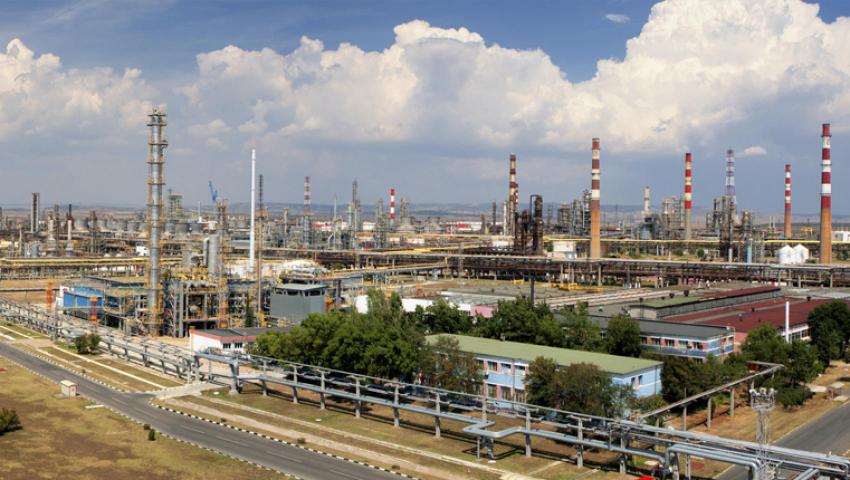In January, Bulgaria replaced Russian oil with supplies from Kazakhstan, Iraq and Tunisia

In January, Bulgaria will replace the import of Russian oil with crude oil from Kazakhstan, Iraq and Tunisia - according to information from traders and data from the London Stock Exchange (LSEG, London Stock Exchange Group), Reuters reported, quoted by Dir.bg.
Bulgaria enjoys an exception (derogation) from the ban on Russian oil imports into the EU, allowing it to continue importing Russian oil by sea in 2024. But the country has restricted exports of all refined products made from Russian crude from this month, making it almost impossible for its only refinery to operate with Russian oil, the agency commented, noting the decision to suspend imports of Russian crude from March.
Bulgaria buys oil to power its Burgas refinery, which has a capacity of 190,000 barrels per day (bpd) and is operated by Russia's Lukoil. Bulgaria was the fourth largest buyer of Russian oil by sea in 2023, purchasing over 100,000 barrels per day.
However, no oil from Russia is expected to reach the Port of Burgas this month. Since Lukoil is no longer able to supply the Burgas refinery with its own Urals oil, it must use oil from other sources, which increases the refinery's costs.
The plant's profitability is also affected by the 60 percent tax imposed by the Bulgarian government on the refinery's profits.
So far in January, the Bourgas refinery is due to receive two cargoes of 70,000 metric tons of Kazakh KEBCO crude, one cargo of 76,000 tons of Basrah Light (Iraq), one cargo of 50,000 tons of CPC Blend and 33,000 tons of Tunisian crude, according to LSEG data.
KEBCO, a Kazakh grade exported from Russian ports with the same quality as Urals, is the most likely substitute for Russian oil in Bulgaria, according to traders, who believe its supply is limited and its price is significantly higher than Urals.
The Burgas refinery is designed to process Urals oil and currently can work only with sour grades (depending on the source, crude oil can be light and heavy - according to its viscosity, and sweet or sour - according to the sulfur content - b.r. ), which is difficult and expensive in the EU, according to traders.
"The sour barrel market in Europe is tight due to the lack of Urals and Kurdish oil," one trader said.
Oil exports from the Iraqi Kurdistan region have been suspended since last spring.
Lukoil said it is reviewing its strategy regarding its assets in Bulgaria and will consider selling them.
Lukoil and Bulgaria's Ministry of Economy and Industry did not respond to requests for comment, Reuters notes.
